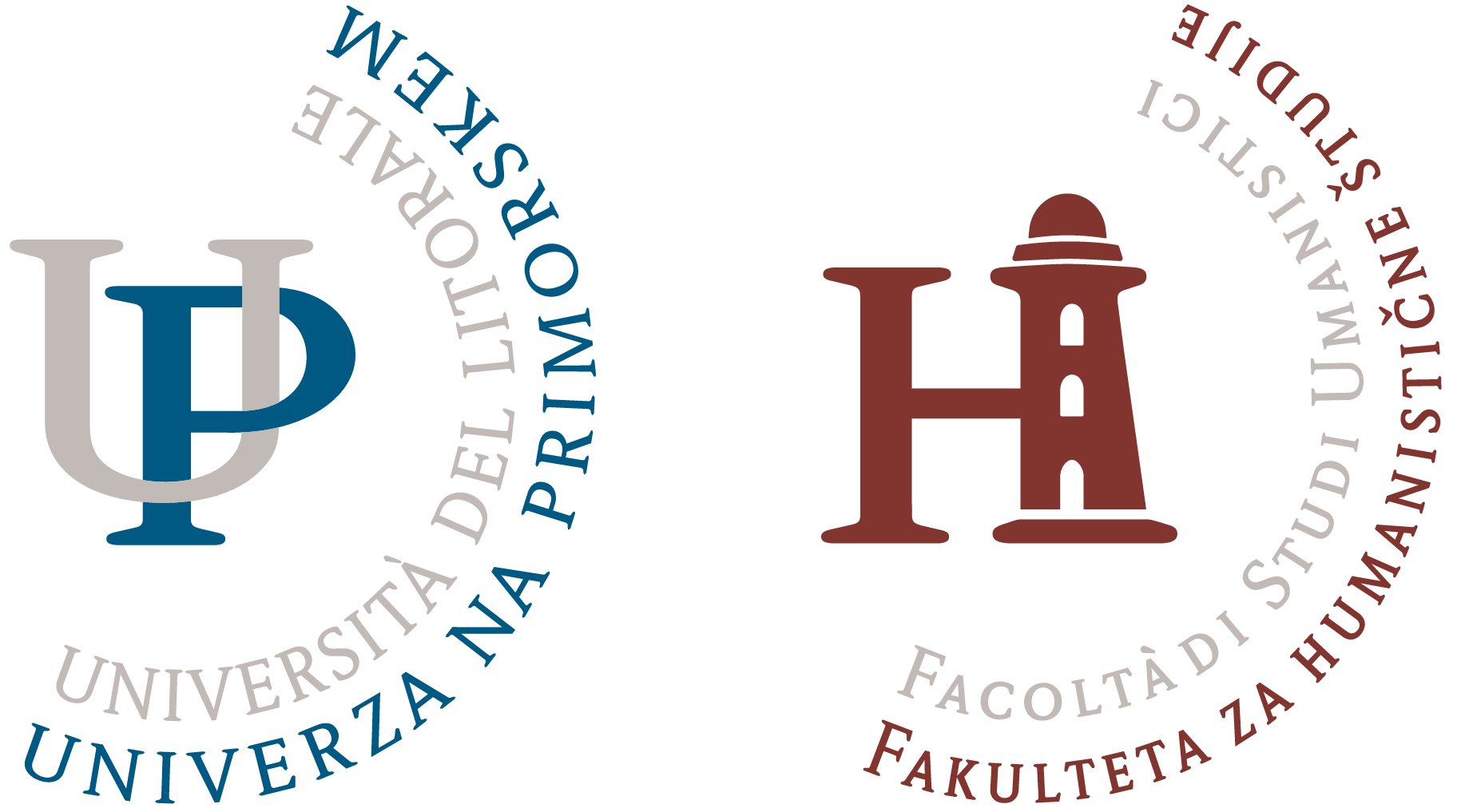Communication and the Media
University study programme
Presentation
The study programme Communication and the Media is based on the belief that the present is defined by its relationship to the past and the future, and this relationship is largely mediated through the media, which in the broadest sense can be understood as communication technologies. On the one hand, it is therefore necessary to return to the fundamental contents of communication science, as the theoretical and methodological core of the study program, and on the other, it is accompanied by a direction towards the future, which will be dominated by the need to know technological solutions and the requirement to combine humanistic, social and natural science knowledge .
The field of media is changing rapidly, and the role of the traditional media industry is gradually being taken over by information-communication and creative industries. The mentioned changes lead to the need for the development of new knowledge and competences, which relate to both theoretical and practical aspects of communication, the ability to manage one’s own work, as well as critical reflection on the world we live in today and in which we will live in the future.
The study programme provides the necessary knowledge, first of all, within the framework of mandatory content, which covers three thematic pillars of the program: communication (theory, epistemology and methodology of communication), humanities and social sciences (philosophy, sociology, political science, psychology) and technology (digital media), which are then upgraded and supplemented with many optional contents. The program is carried out by the lecturers of the Department of Media Studies with the help of external colleagues, which ensures that the necessary practical knowledge in the field of media and communication is covered.
Programme information
Curriculum (single-discipline)
Curriculum (double-discipline)
Curriculum (single-discipline, from 2025/26)
Curriculum (double-discipline, from 2025/26)
Title and Level of Qualification
Bachelor (BA) in media studies
Type and Duration
Single-discipline undergraduate programme, full-time study
Duration: 3 Years / 180 ECTS
Classification (KLASIUS-P-16)
0314 Political Science, Individual-Society-State Relations
Admission Requirements 2024/25
Admission to the first year of study programme Communication and the Media shall be granted to candidates who have:
a) passed the general matura examination;
b) passed the vocational matura in one of the four-year secondary-school programmes that is
classified in:
– KLASIUS-P-16 classification: broad areas 02 or 03; or
– FORD classification: area 5; or
– ARRS classification: area 5; or
– CERIF classification: area S;
and also passed a final examination in one of the general matura subjects: Sociology, Psychology, Philosophy, History, Informatics, Computing, Economy; the selected subject cannot be the same as the subject passed in the framework of the vocational matura;
c) successfully completed any four-year secondary-school programme before 1 June 1995.
In Case of Enrolment Limitation
the candidates under a) and c) are selected according to:
– overall performance in the general matura or final exam respectively: 70 % of points awarded,
– overall performance in secondary grades 3 and 4: 30 % of points awarded.
the candidates under b) above are selected according to:
– overall performance in the vocational matura: 40 % of points awarded,
– overall performance in secondary grades 3 and 4: 30 % of points awarded,
– the performance in the selected general matura subject: 30 % of points awarded.
Admission Requirements 2025/26
Admission to the first year of study programme Communication and the Media shall be granted to candidates who have:
a) passed the general matura examination;
b) passed the vocational matura in one of the four-year secondary-school programmes that is classified in:
– KLASIUS-P-16 classification: broad areas 02 or 03; or
– FORD classification: area 5; or
– ARRS classification: area 5; or
– CERIF classification: area S;
and also passed a final examination in one of the general matura subjects: Sociology, Psychology, Philosophy, History, Informatics, Computing, Economy; the selected subject cannot be the same as the subject passed in the framework of the vocational matura;
c) successfully completed any four-year secondary-school programme before 1 June 1995.
Number of available Places
Slovenian citizens and other citizens of Member States of the European Union: 20
Slovenians without Slovenian citizenship: 2
Foreign citizens of non-European Union countries: 4
Parallel studies: 2
Mateja Clarici belongs to the first generation of students who enrolled in studies at the Department of Media Studies UP FHŠ in 2008. After successfully completing her undergraduate and master‘s studies at the department, her career led her to the field of public relations in the Port of Koper, where she is still employed today. What only manifested itself as a theory during his studies has over the years turned into practice, into an inspiring job that he is happy to do. Today, the Public Relations Service in the Port of Koper deals daily with various tasks related to internal communication, communication with external stakeholders (business partners, media, local and general public. . . ) through various communication channels, organizing events and much more. As she says, this is a job that offers many challenges, because not a single day is the same as another.
Undergraduate Study Programmes

Anthropology
Double-discipline study programme
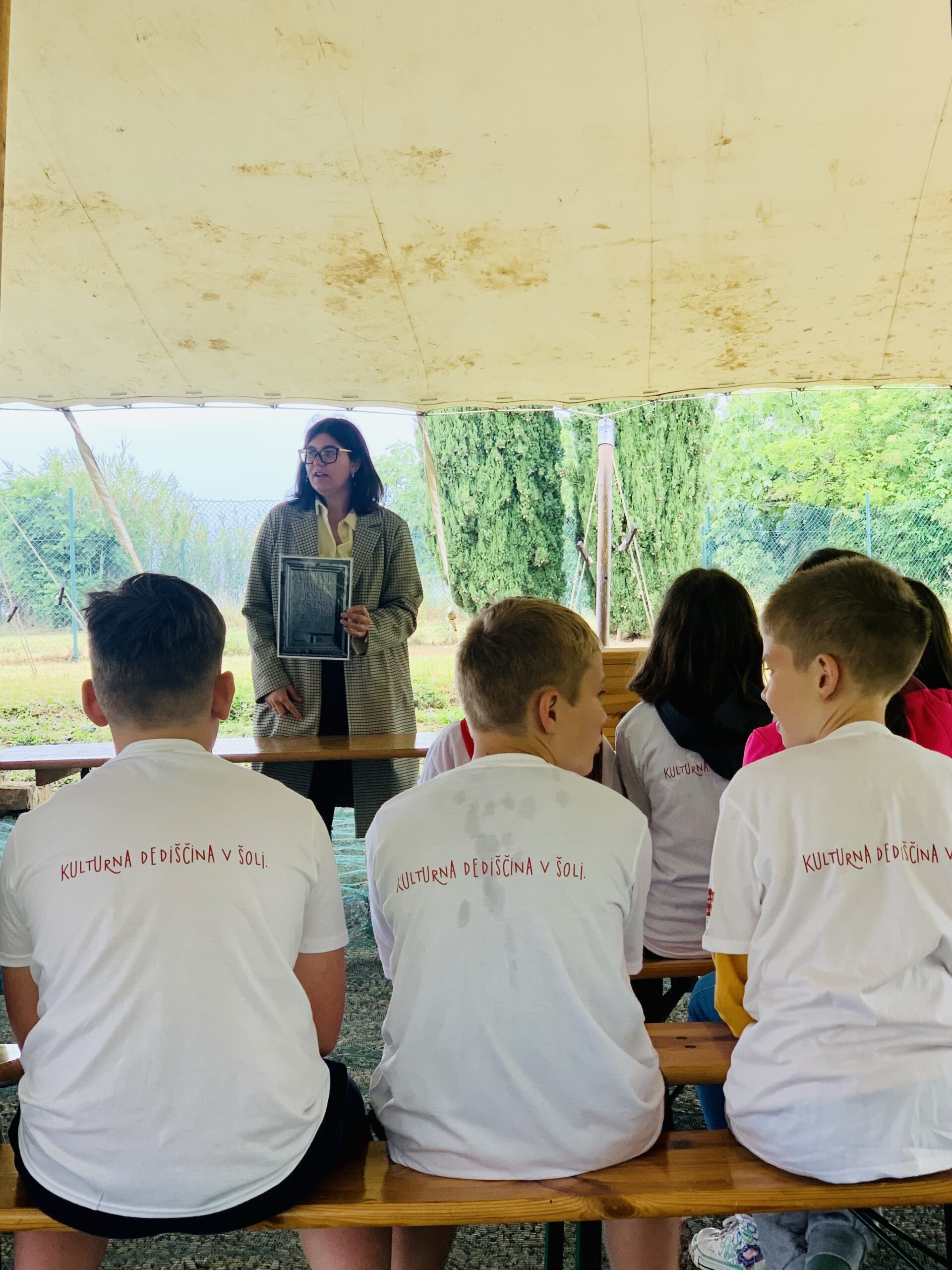
Archaeology
Double-discipline study programme

Communication and the Media
Single-discipline study course
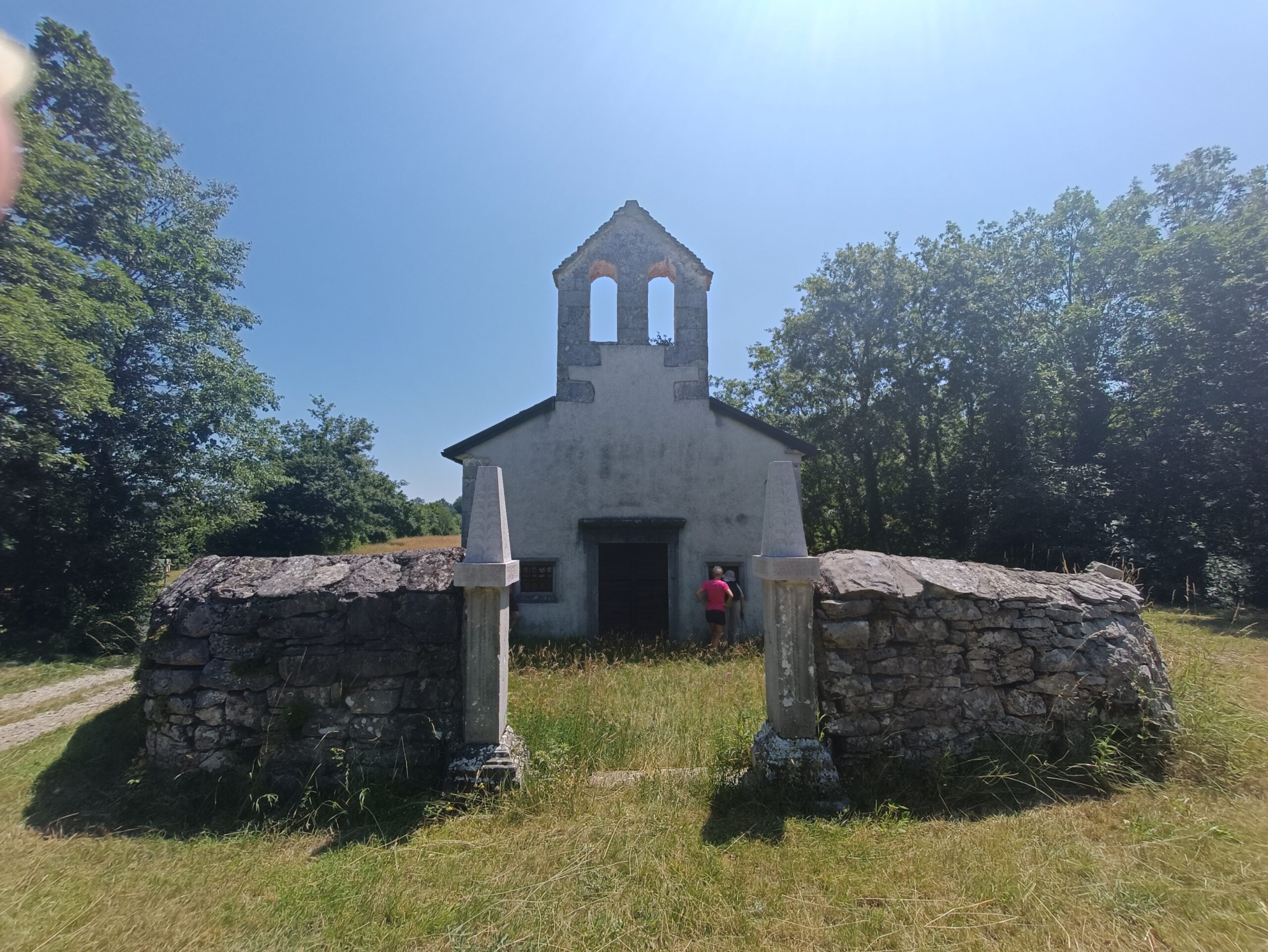
Cultural Heritage
Double-discipline study course
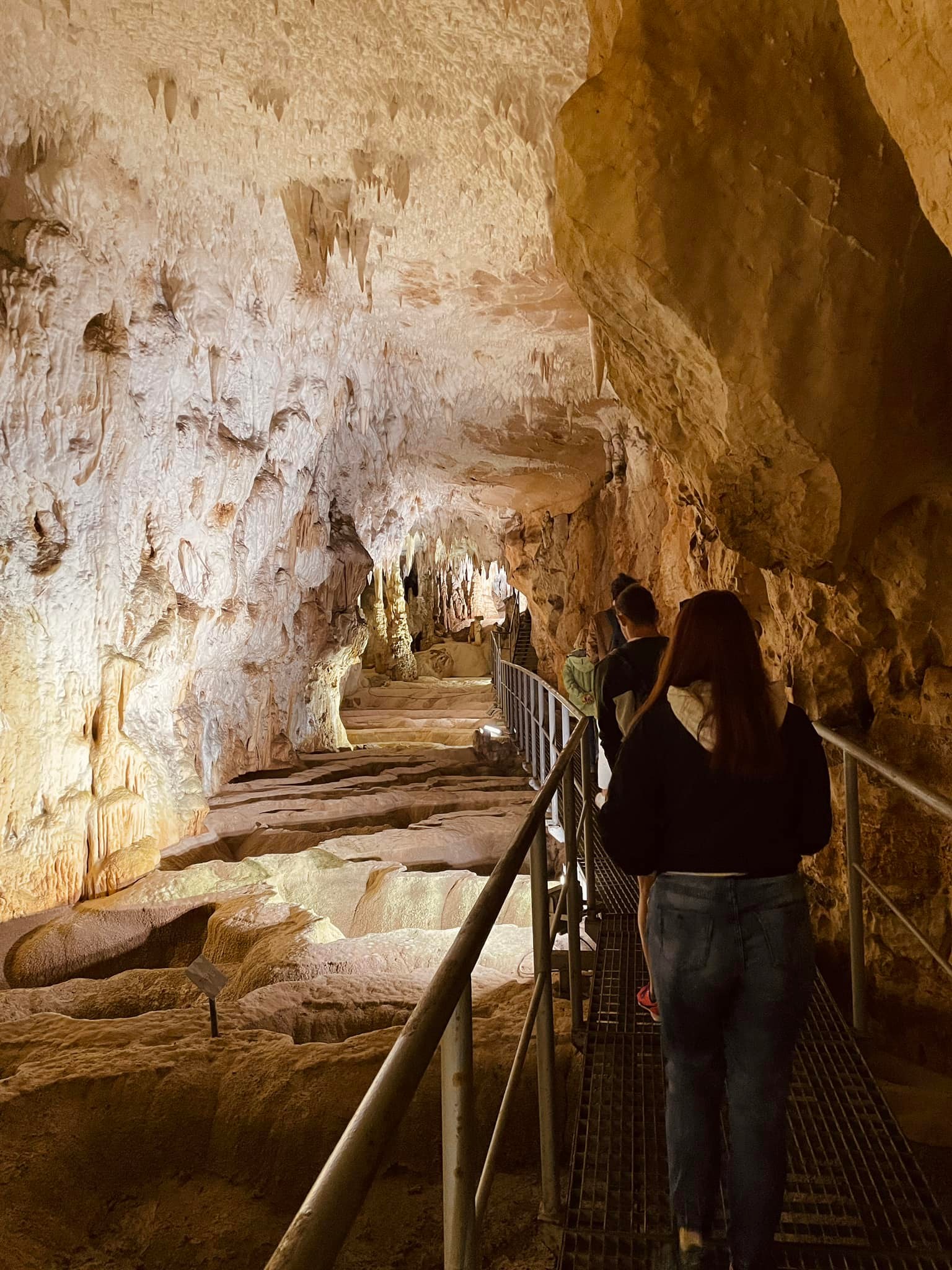
Geography
Single-discipline study course

Geography
Double-discipline study course
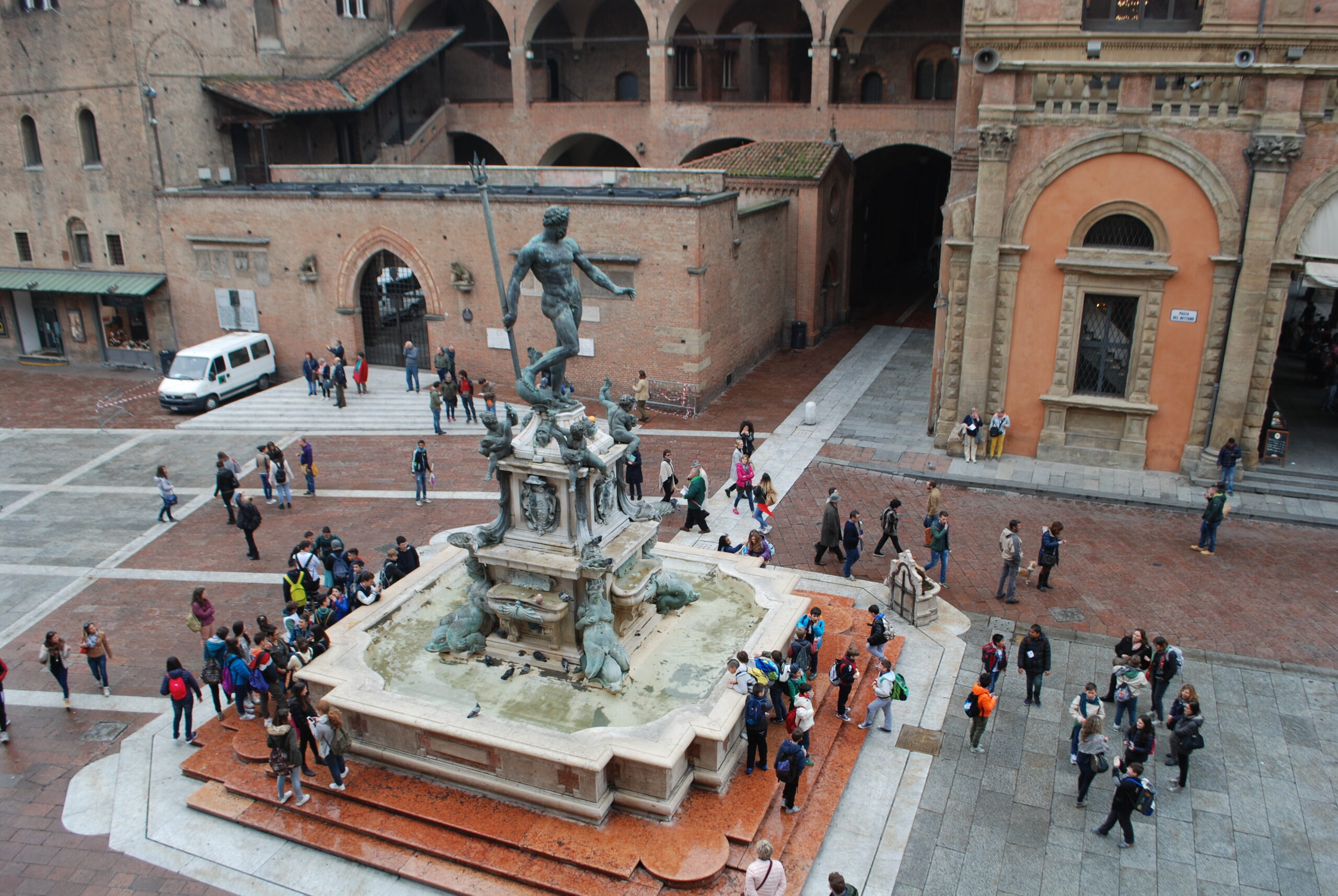
Italian Studies
Single-discipline study course

Intercultural Linguistic Mediation
University study programme
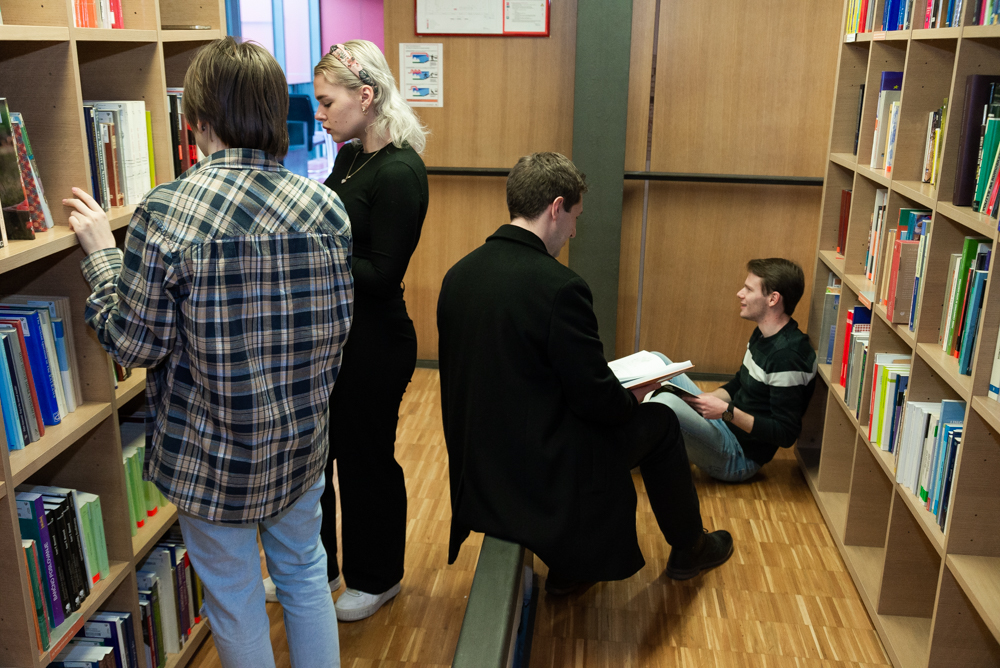
Slovene Studies
Single-discipline study course

History
Single-discipline study course

